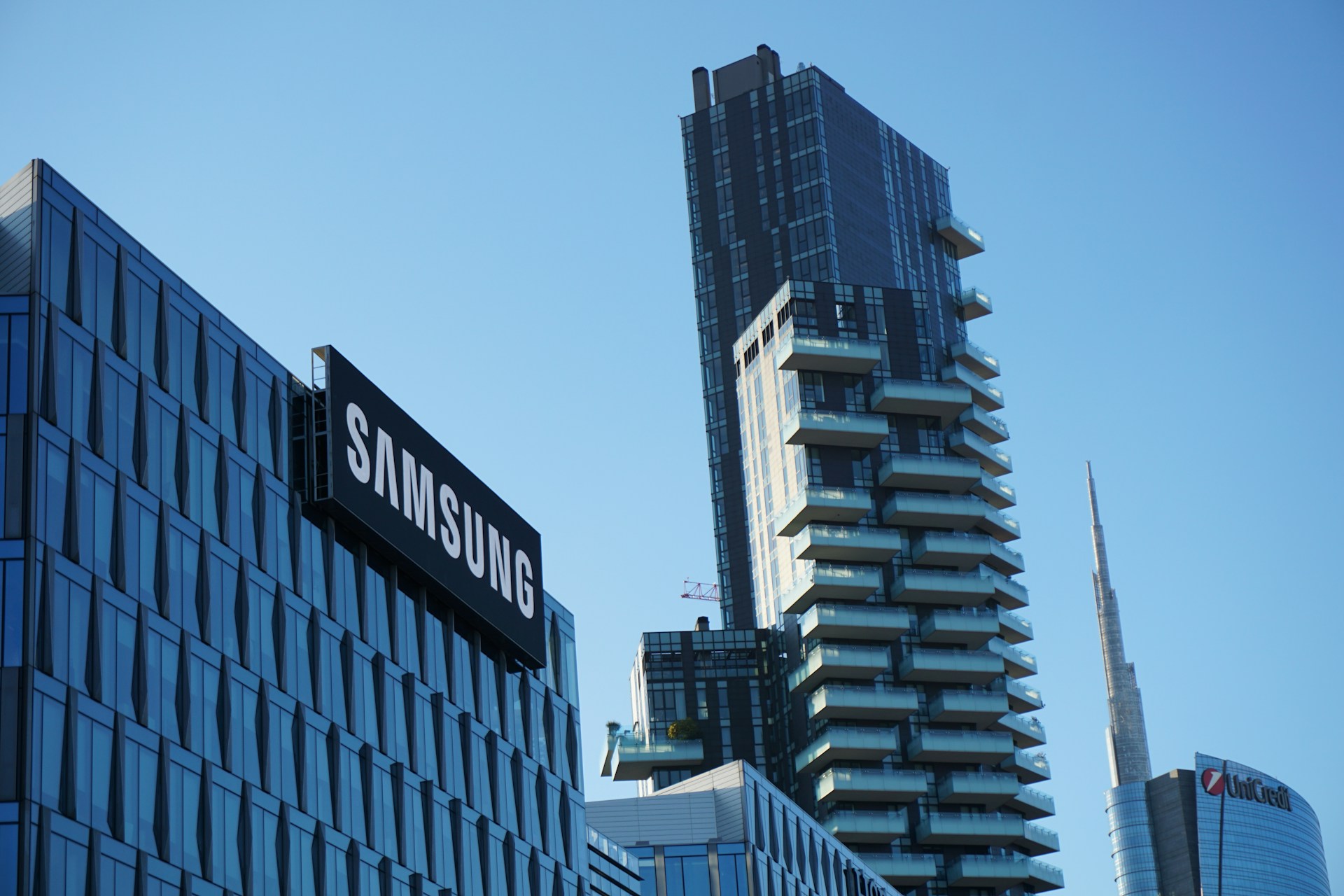Samsung Electronics has signed a $16.5 billion semiconductor supply contract, according to a regulatory filing published Monday.
The contract’s effective start date is July 26, 2024, and it runs until December 31, 2033.
Samsung did not disclose the identity of the counterparty. The company said that information related to the deal, including the name of the client, will not be made public until the end of 2033.
This decision was based on a request from the other party “to protect trade secrets,” according to a Google translation of the Korean-language filing.
“Since the main contents of the contract have not been disclosed due to the need to maintain business confidentiality, investors are advised to invest carefully considering the possibility of changes or termination of the contract,” Samsung stated.
Stock Rises Ahead of Earnings Despite Weak Forecast
Following the announcement, Samsung shares rose nearly 3% in early trading. The company is scheduled to release its second-quarter earnings on Thursday.
Samsung has said it expects its second-quarter profit to fall by more than half. A CNBC analyst previously linked the forecast to weak demand in the foundry business and challenges in addressing AI-related needs in the memory segment.
2nm Chips at Center of Foundry Strategy
Samsung’s foundry service produces chips based on designs provided by other companies.
It is currently the second-largest foundry provider globally, behind Taiwan Semiconductor Manufacturing Company.
In April, Samsung said it aimed to begin mass production of its next-generation 2 nanometer chips and secure major orders. In semiconductor terms, smaller nanometer sizes represent more compact transistor designs, allowing for improved processing power and efficiency.
Local media have reported that Qualcomm could be a potential customer for Samsung’s 2 nanometer chips. However, Ray Wang, research director at The Futurum Group, told CNBC that Tesla seems the more probable client.
Samsung has faced setbacks in its memory chip business.
It has fallen behind SK Hynix and Micron in high-bandwidth memory chips, which are used in AI chipsets.SK Hynix is now the primary supplier of these chips to Nvidia.
Samsung is reportedly trying to get its latest HBM chips certified by Nvidia, but a local report said this may not happen until at least September.
PHOTO: UNSPLASH
This article was created with AI assistance.
Read More






 Saturday, 31-01-26
Saturday, 31-01-26







